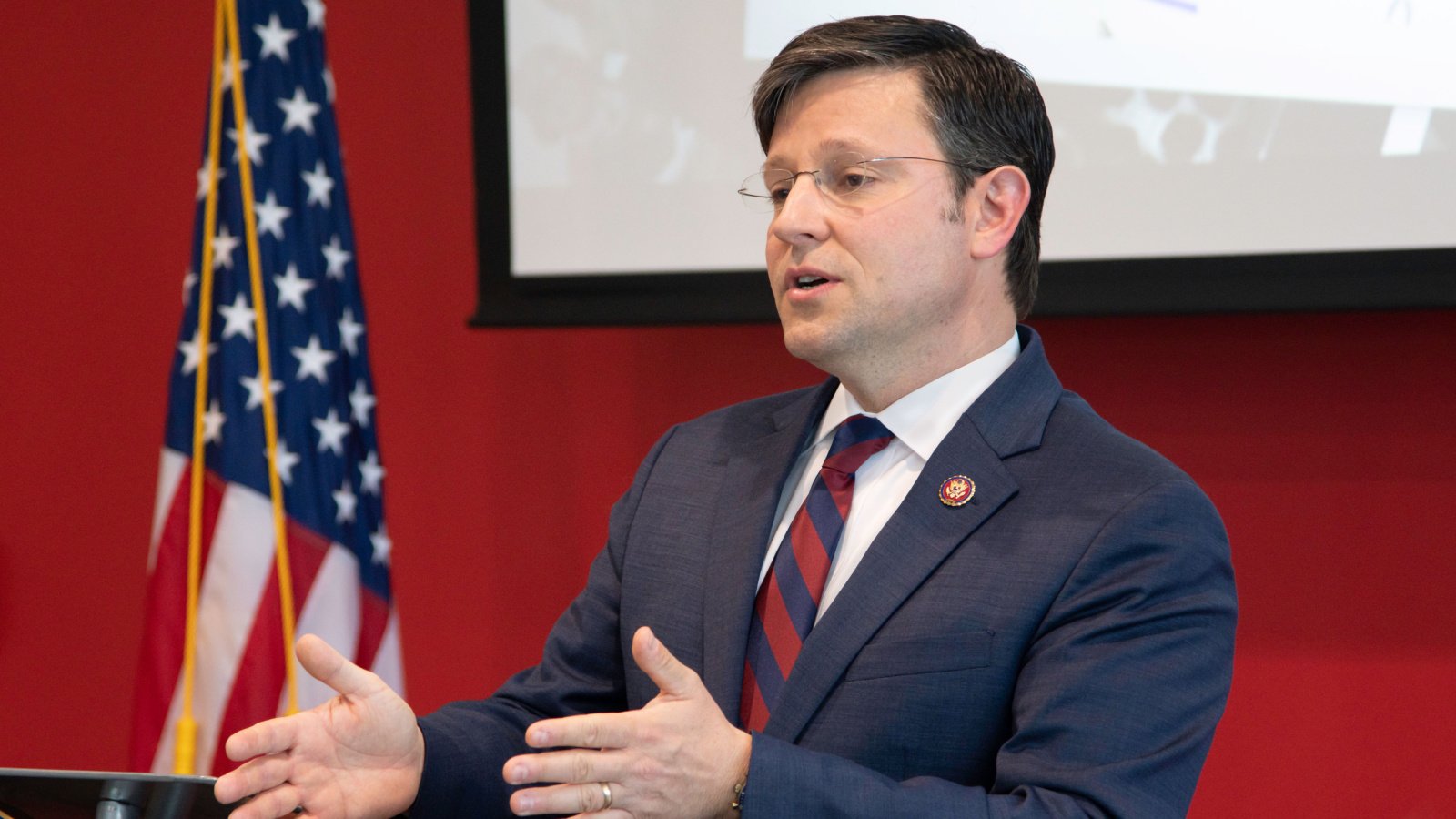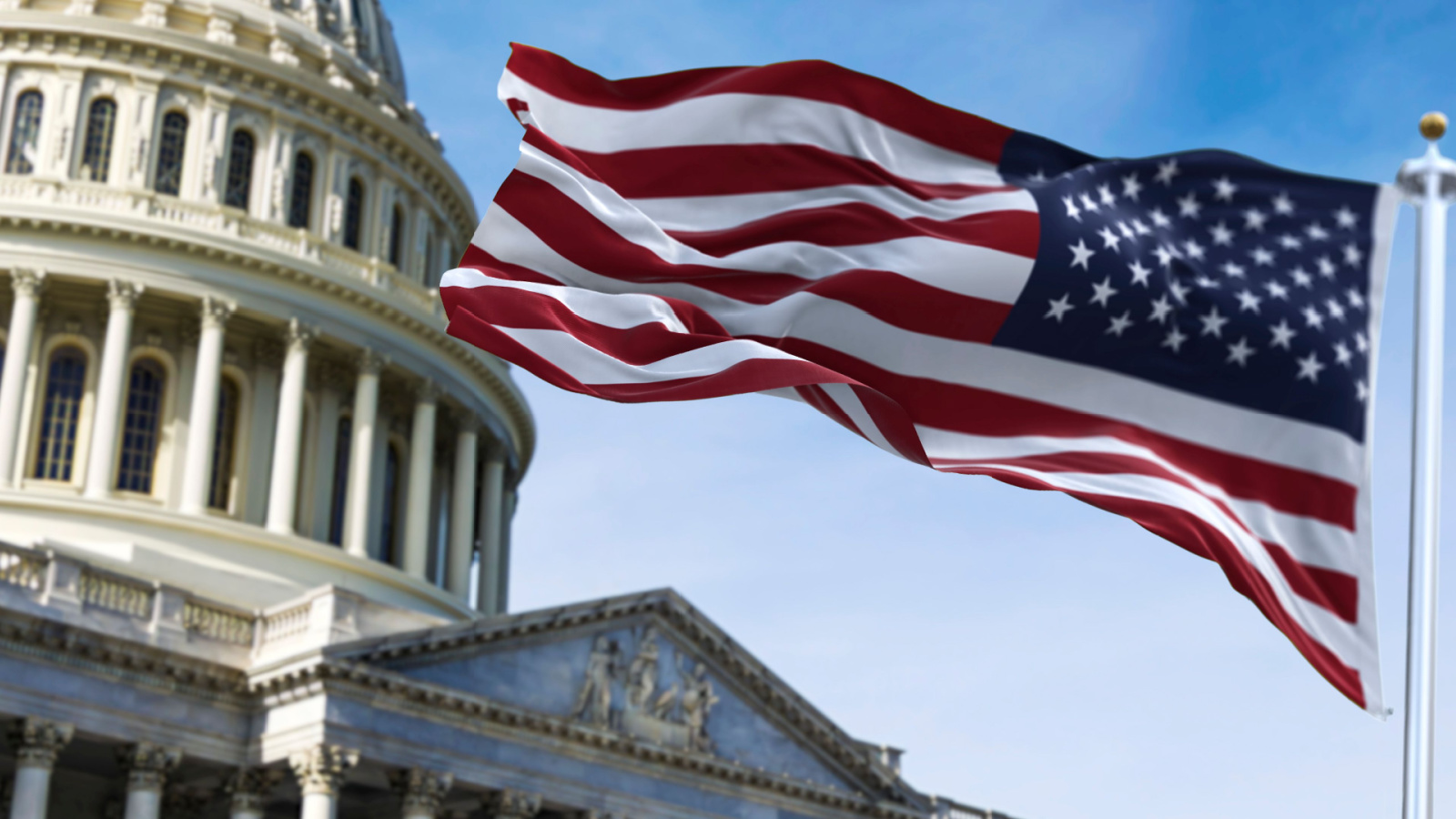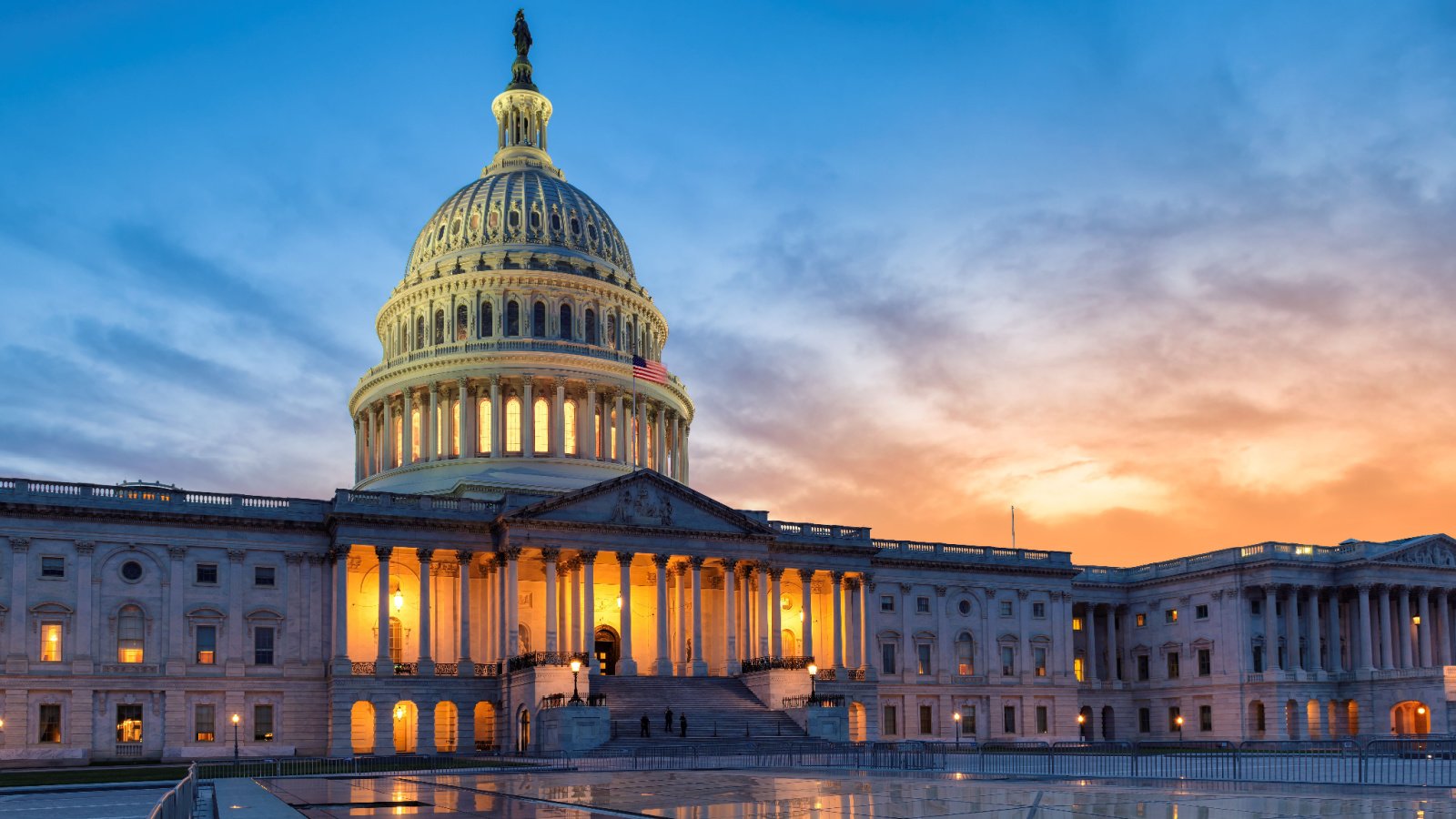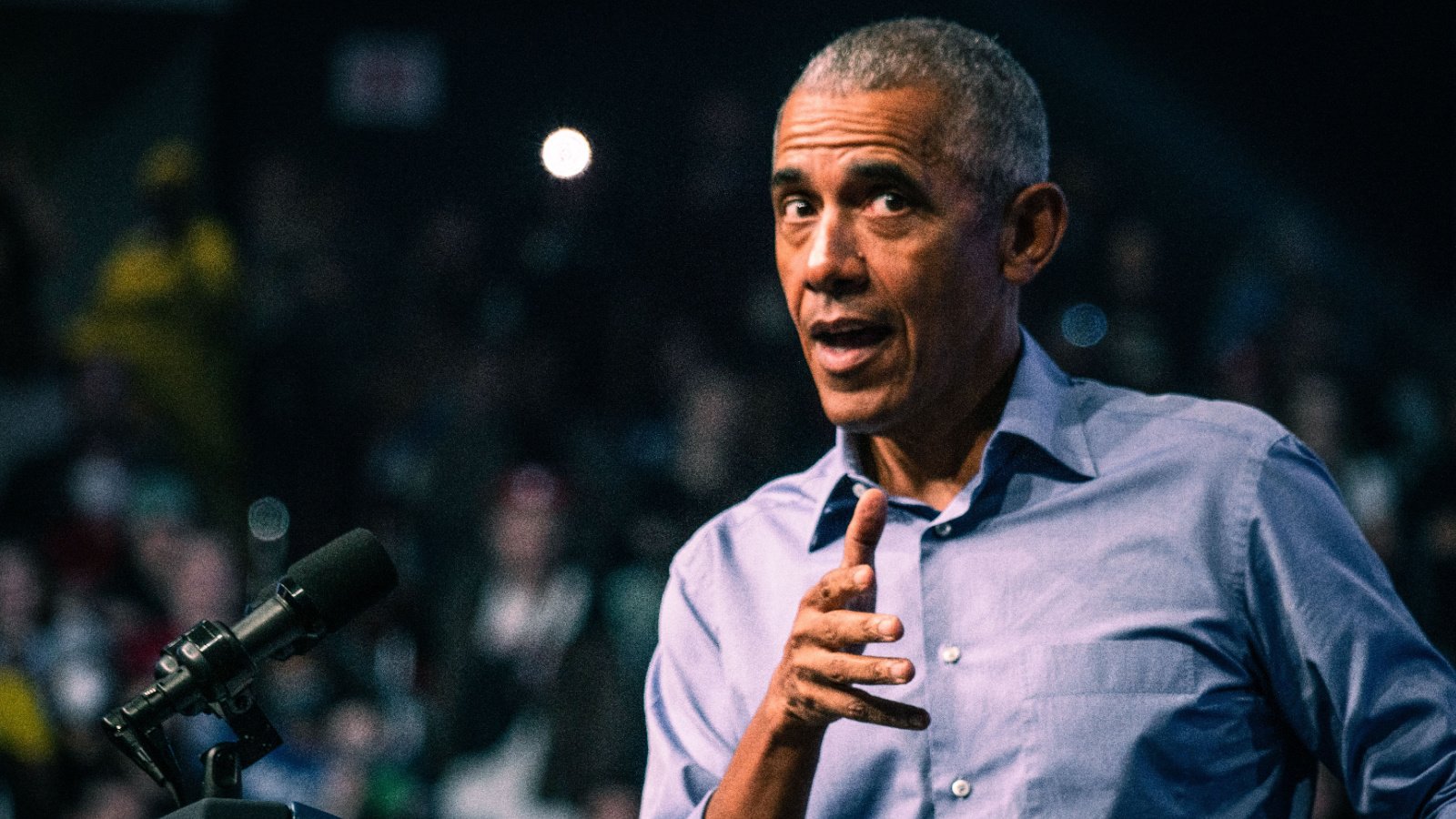In response to economic shifts, trends in workforce demand, and various other factors, fewer high school graduates are applying to college. To mirror the pivot in the workforce, the Republican majority on the House Committee on Education and the Workforce is considering allowing federal Pell Grants to be used for short-term vocational training programs. To pay for the cost of additional Pell Grants, Committee members are controversially considering sending the bill to affluent private colleges who are costing the government money via unpaid student loans.
Political Salience of Student Debt and Cost of Higher Education

The House of Representatives has decided to take up the cost of higher education and the problem of student debt crippling Millenials and Gen Z in ways not experienced by past generations of college graduates. The cost of higher education and student loan debt is a politically salient issue among voters in their 20s and 30s, as can be seen by promises of debt forgiveness from President Biden which have been unfulfilled, as well as various actions by top universities to bolster tuition assistance programs, and now by House Education Committee members who are trying to overhaul the Pell Grant Program.
House Plan to Expand Access to Grants for Short-Term Vocational Training Programs

Specifically, House members under the leadership of the Republican majority are looking to expand the federal Pell Grant program to include short-term vocational training programs as eligible for federal financial aid, specifically targeting economically disadvantaged students. The initiative has sparked a debate about its implications for the future of higher education funding and accessibility.
Controversial Funding Mechanism Puts Private Colleges On the Hook to Pay

The heart of the controversy lies in the funding mechanism proposed by House lawmakers. To support the expansion of the Pell Grant, the legislation suggests imposing a financial obligation on a select number of affluent private colleges. These institutions would be required to reimburse the Education Department for unpaid student loans, a move that has been met with significant opposition from the academic community.
Opposition from Higher Education Institutions

The Association of American Universities, along with other academic bodies, has voiced strong objections to this approach. They argue that it unfairly targets a specific subset of institutions to fund benefits for another group, potentially diverting funds away from crucial need-based financial aid programs. This has raised concerns about the equitable treatment of educational institutions under the proposed legislation.
Concerns Over Setting a Precedent

Critics, including prominent figures like AAU President Barbara Snyder and Yale University President Peter Salovey, have highlighted the dangers of setting a precedent with this funding strategy. They fear it could lead to increased financial burdens on affected institutions, undermining their ability to make education accessible and affordable for all students.
Bipartisan Support for Pell Grant Expansion

Despite the controversy, the expansion of the Pell Grant has garnered bipartisan support, with key figures such as Representatives Virginia Foxx (R-NC) and Representative Bobby Scott (D-VA) leading the charge. They view the expansion as crucial for improving workforce readiness among low-income students and consider it a top priority for legislative action.
Legislative Delays and Opposition

The proposed bill has encountered delays and opposition, particularly due to its funding mechanism. The requirement for affluent private colleges to cover unpaid student loans has been a sticking point, causing some to question the viability of the expansion and its broader implications for the educational landscape.
Impact on Student Choices

There is also concern about how the proposed funding formula could influence student decisions, particularly regarding participation in public service and enrollment in affordable repayment plans. Critics argue that this could create disincentives for students and alumni, steering them away from valuable opportunities and programs.
Sustainability Concerns

Policy analysts and educational associations have raised alarms about the sustainability of the Pell Grant program itself. With projections suggesting the program could face financial shortages in the near future, the expansion’s additional costs and funding sources have become critical issues in the debate.
Funding Sources and Budget Implications

The discussion extends to the adequacy of proposed funding sources to cover the expansion costs. There is skepticism about whether the legislation’s financial offsets are sufficient and concerns about the impact on the federal budget and the need for additional funding solutions.
Broad Support and Criticism

Despite the contentious funding mechanism, there is broad support for the concept of expanding the Pell Grant to cover short-term vocational training. Business groups, technology companies, and career education colleges have all voiced support, seeing it as a way to grow the talent pipeline and train adults for high-demand jobs.
Legislative Prospects and Negotiations

The legislative process is ongoing, with the House and Senate considering different versions of the Pell Grant expansion. Negotiations and discussions are expected to continue, as stakeholders seek a compromise that addresses funding concerns while advancing the goal of expanding access to vocational training.
Quality Assurance and Eligibility Criteria

The debate also touches on the quality of eligible programs and the need for robust eligibility criteria. Critics argue that without strict standards, the expansion could lead to the inclusion of low-quality, predatory programs. Proponents, however, believe that the proposed criteria are rigorous enough to ensure high-quality outcomes for students.
The Role of For-Profit Institutions

A contentious aspect of the legislation is the eligibility of for-profit institutions for the expanded Pell Grant. Critics call for exclusions to prevent low-quality programs from benefiting, while supporters argue that all programs meeting the eligibility requirements should have the opportunity to participate.
Moving Forward

As the debate over the Pell Grant expansion continues, stakeholders from across the educational and political spectrum are working to find a balance between funding mechanisms, access to education, and the sustainability of the Pell Grant program. The outcome of this legislative effort will likely have long-lasting implications for higher education policy and the opportunities available to low-income students.









WhatsApp web’ https://www.ws-iyc-whatsapp.com Receive notifications on your desktop with WhatsApp Web. . Date: 2026-01-14 00:44:50 (-03).
Awesome post! Join the fun at https://www.web-jrl-whatsapphktwkh.com 利用 WhatsApp 网页版,您可以轻松管理和分类聊天记录。 . Date: 2026-01-14 16:25:52 (-03).